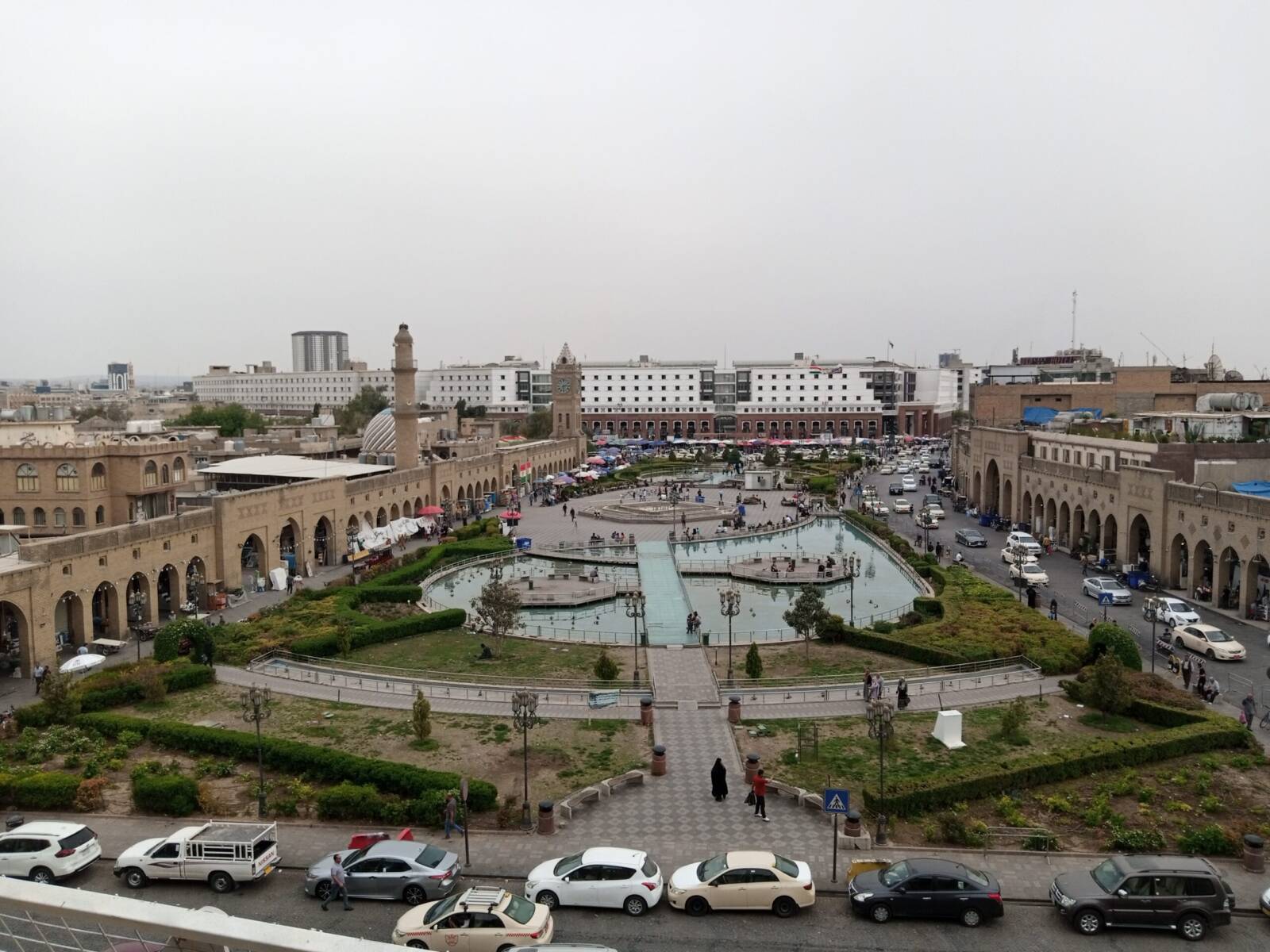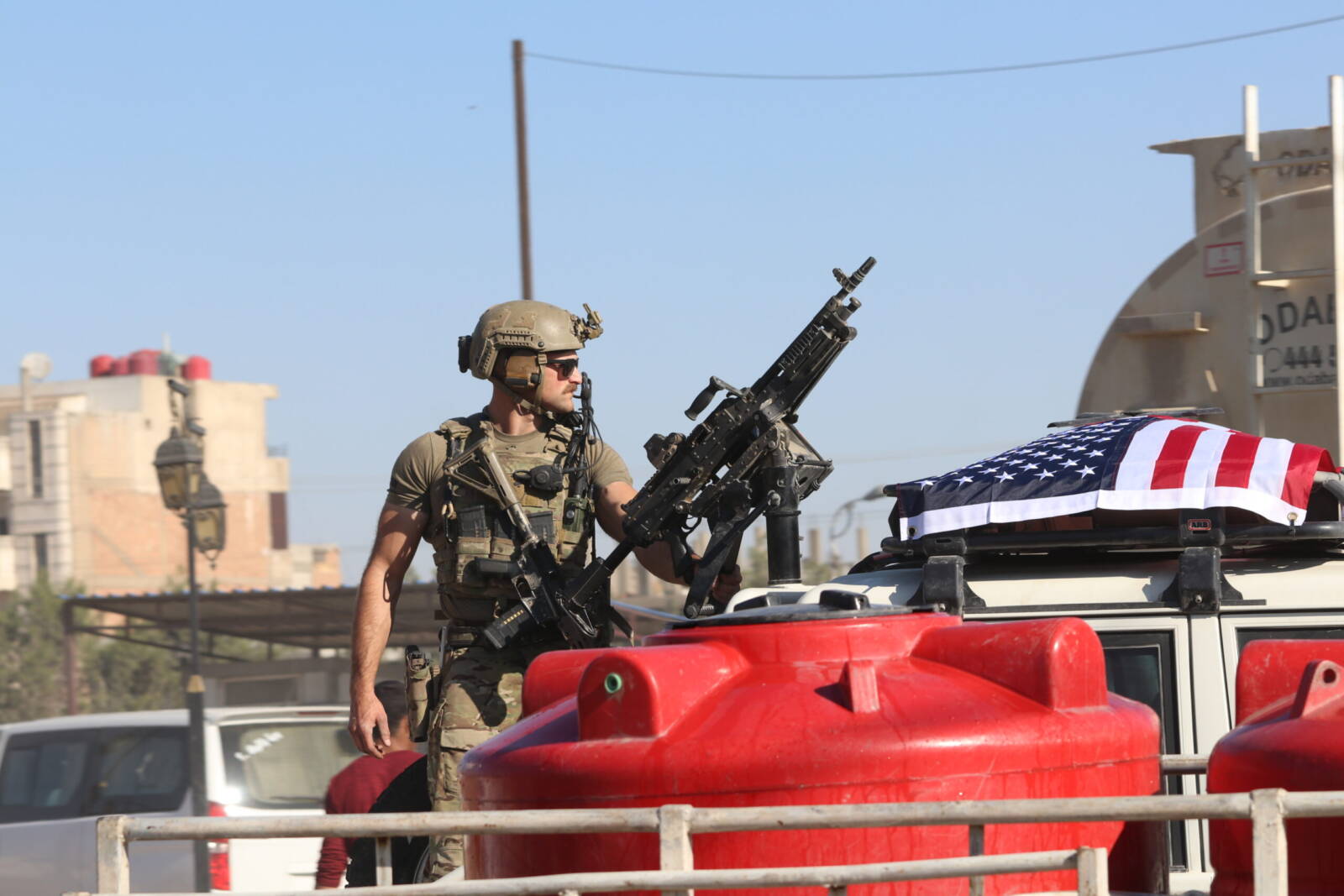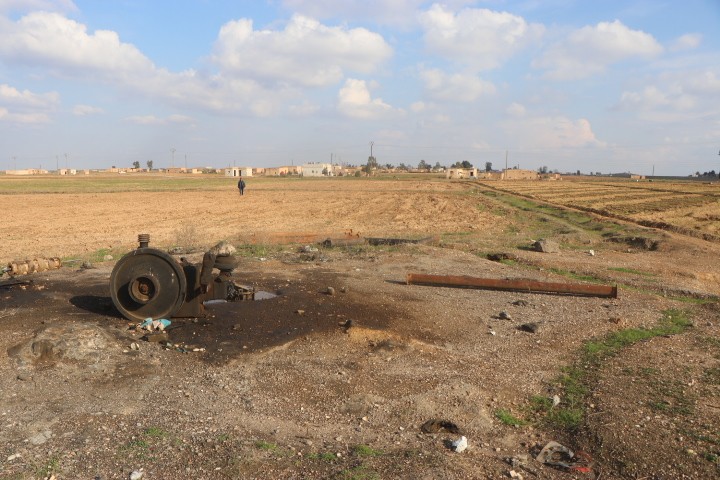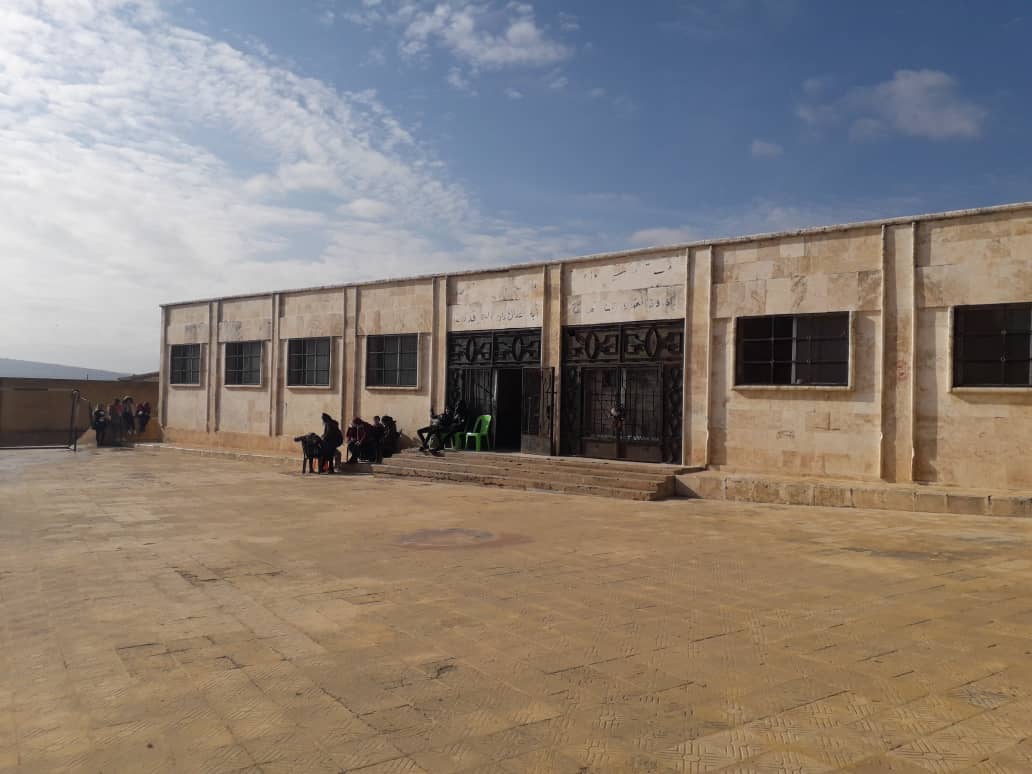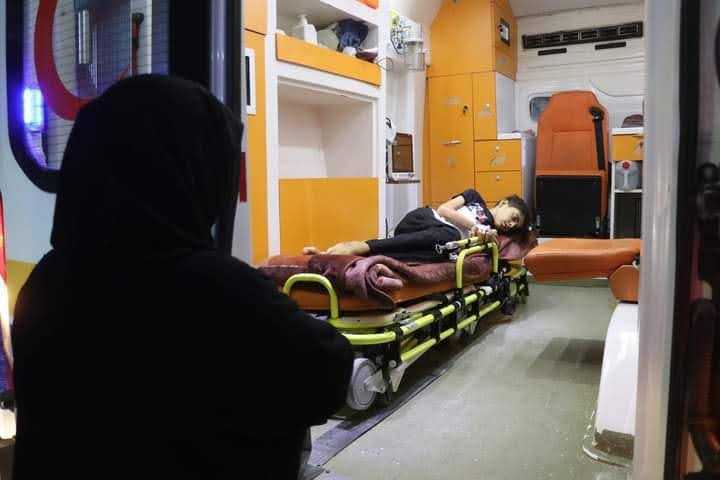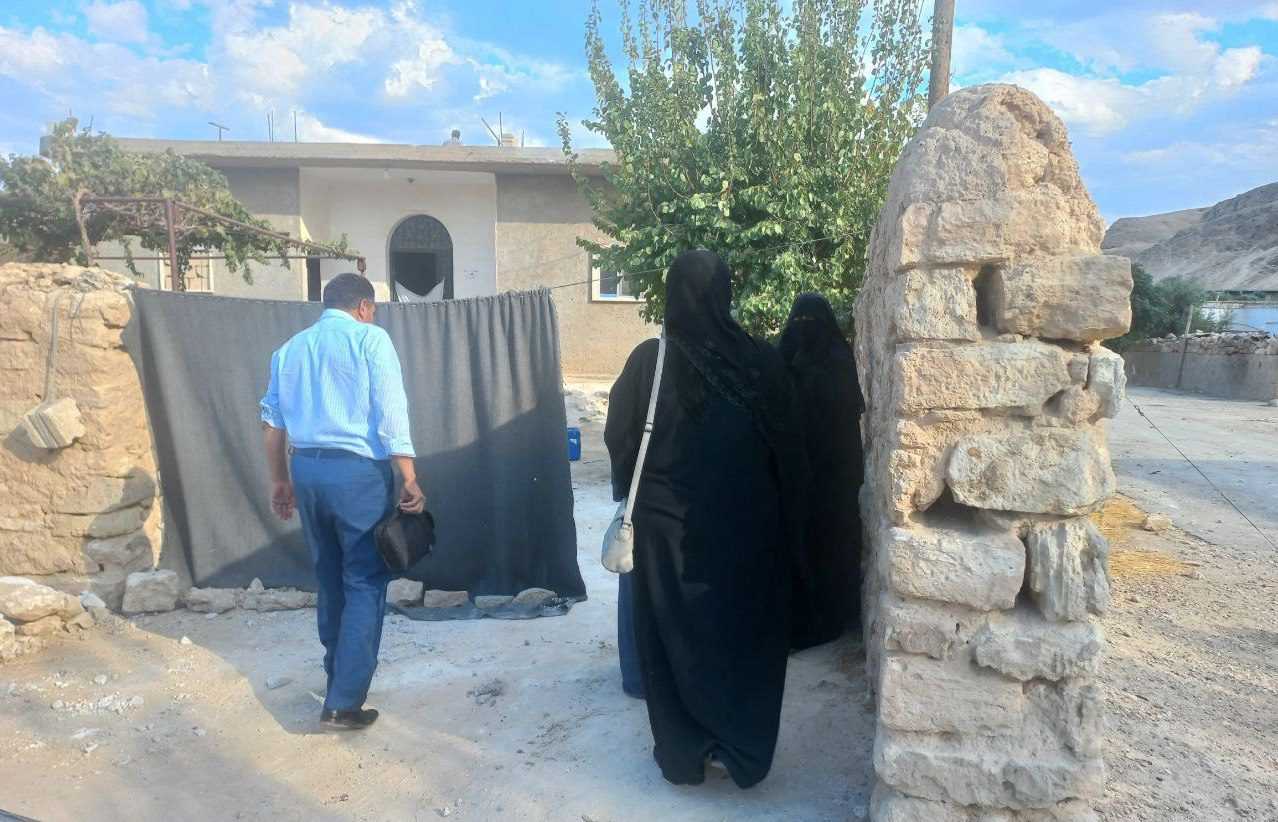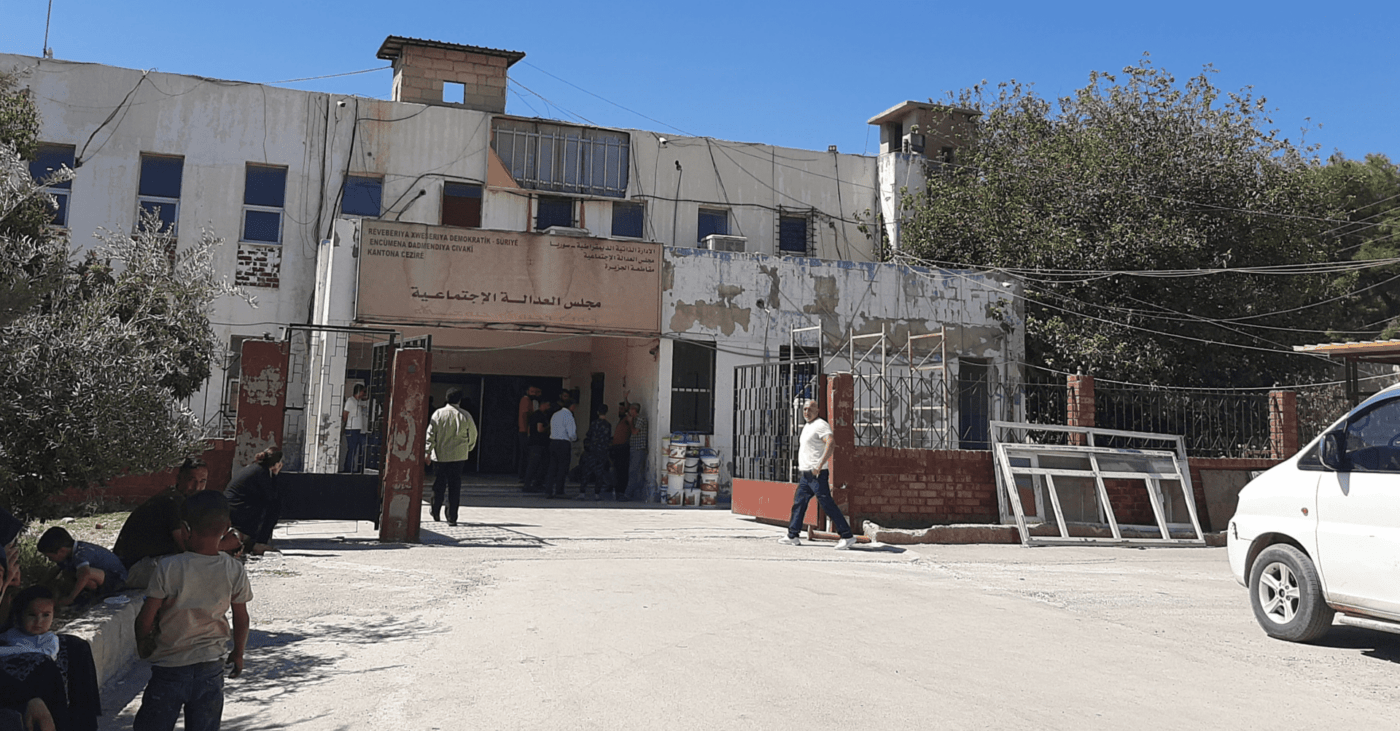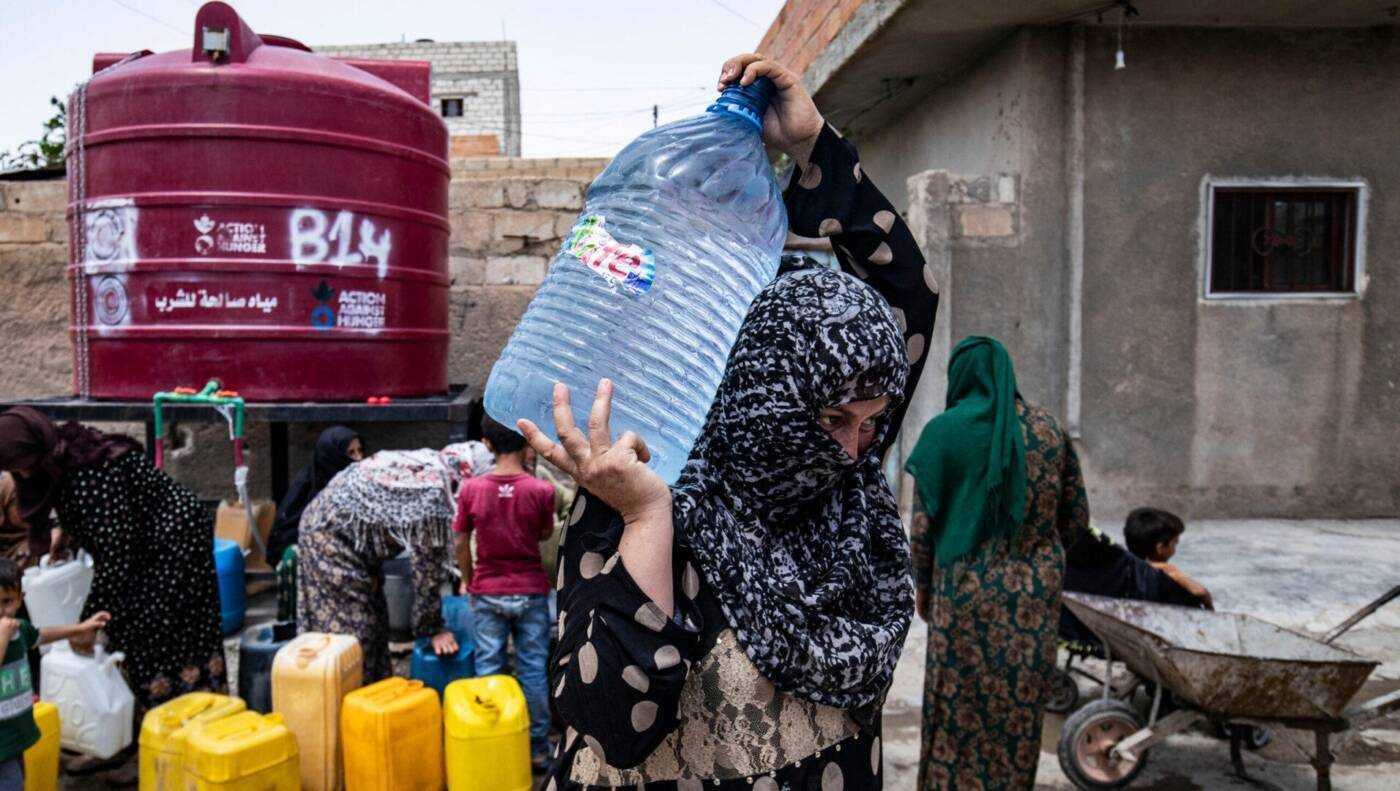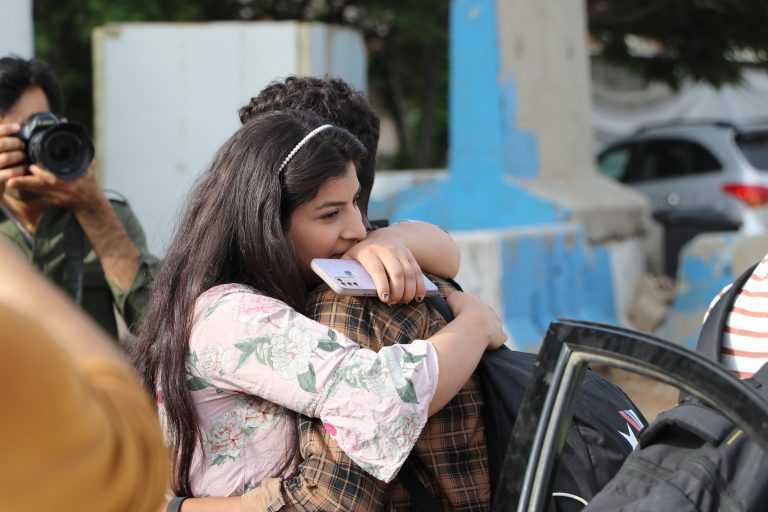Syrians at a loss after Erbil stops issuing visas
Erbil’s April 4 decision to stop issuing visas to Syrians has been a disaster for those for whom the Kurdistan Region of Iraq was a safe haven from conscription or a place to reunite with family members after years of separation.

